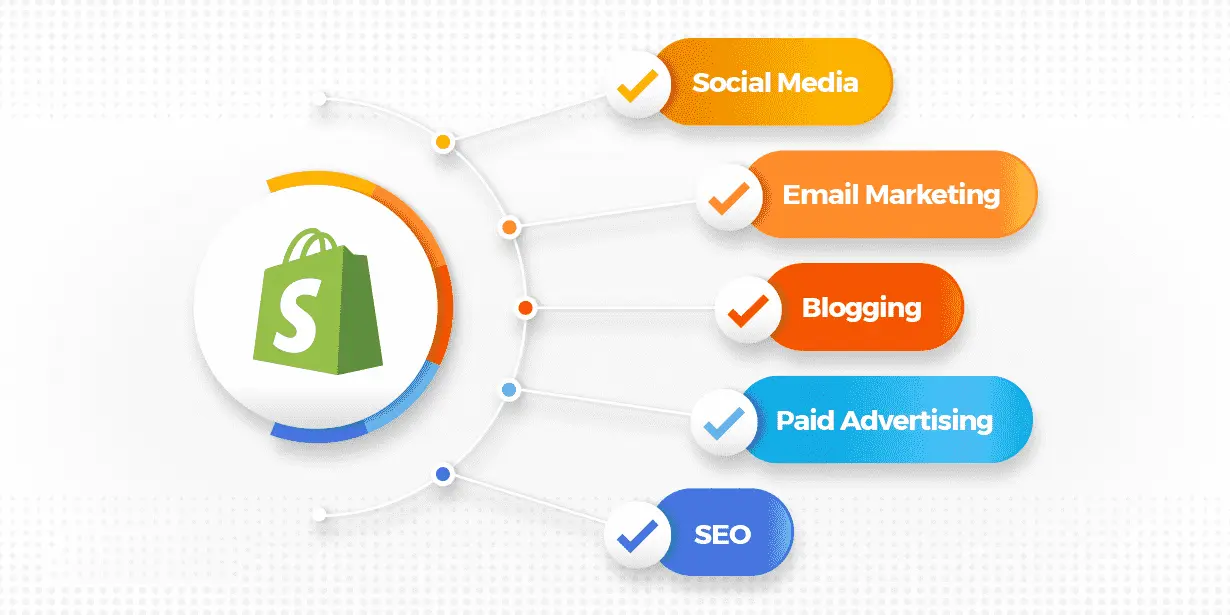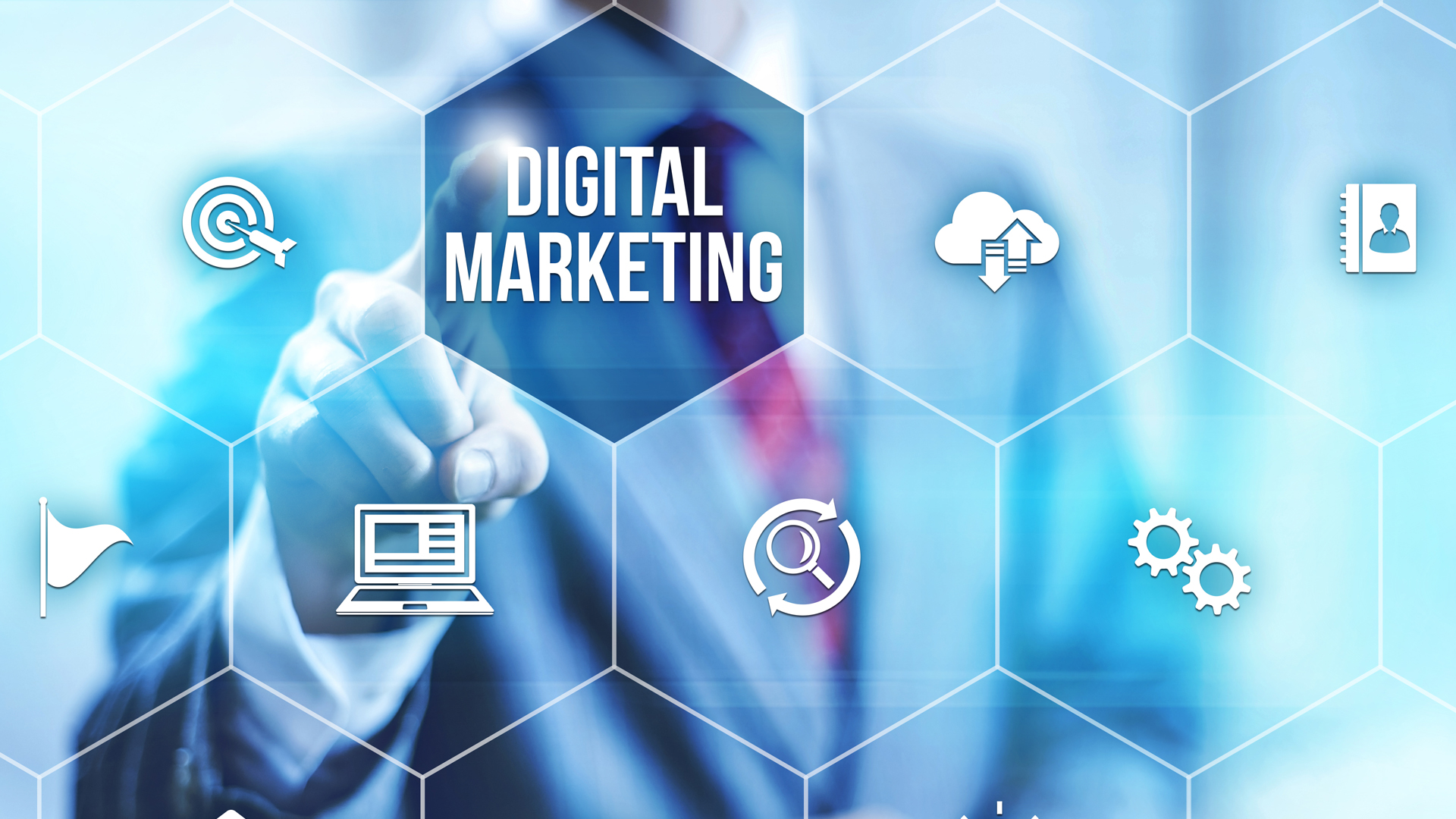Marketing is the lifeblood of modern business—it’s how brands build awareness, connect with customers, and drive sales. But with dozens of approaches available, choosing the right one can be overwhelming. This guide breaks down the types of marketing into clear strategies, techniques, and actionable tactics—helping you align each method with your business goals.

Content
Understanding Marketing: Strategy vs. Technique vs. Tactic
Before diving into specific types of marketing, it’s important to distinguish three essential terms:
- Marketing Strategy: The big-picture plan that guides your brand’s overall goals and positioning.
- Marketing Techniques: The methods used to implement that strategy—often based on platform, medium, or audience behavior.
- Marketing Tactics: The specific actions or tools used to execute your techniques (e.g., publishing a blog, launching an ad, sending an email).
Top 17 Types of Marketing
Each type of marketing below includes a strategy, key techniques, and practical tactics to help you put it into action.
1. Content Marketing
Strategy: Build trust and authority by delivering valuable information.
Techniques: Blogging, ebooks, whitepapers, case studies.
Tactics:
- Write SEO-optimized blog posts targeting user intent.
- Create downloadable guides to capture leads.
- Use storytelling to engage and educate.
2. Social Media Marketing
Strategy: Leverage platforms to connect with your audience and boost engagement.
Techniques: Organic posting, influencer partnerships, community management.
Tactics:
- Post daily on Instagram, LinkedIn, or TikTok.
- Partner with micro-influencers in your niche.
- Use polls and Q&As to drive interaction.
3. Search Engine Marketing
Strategy: Drive traffic via paid visibility on search engines.
Techniques: Google Ads, Bing Ads, retargeting.
Tactics:
- Bid on branded and competitor keywords.
- Optimize ad copy for high Quality Score.
- A/B test landing pages.
4. Email Marketing
Strategy: Nurture leads and customers through direct inbox communication.
Techniques: Newsletters, drip campaigns, personalized automation.
Tactics:
- Segment lists based on user behavior.
- Automate welcome or cart abandonment flows.
- Personalize subject lines and CTAs.
5. Influencer Marketing
Strategy: Promote your brand through trusted voices in your industry or niche.
Techniques: Paid endorsements, collaborations, giveaways.
Tactics:
- Launch a product with influencer unboxings.
- Co-create content or host live takeovers.
- Use UGC (user-generated content) in your ads.
6. Affiliate Marketing
Strategy: Pay partners to promote your offerings in exchange for commissions.
Techniques: Affiliate programs, link tracking, partnerships.
Tactics:
- Recruit bloggers or YouTubers to join your program.
- Provide banners and swipe copy.
- Track conversions with UTM codes.
7. Video Marketing
Strategy: Communicate visually to explain, entertain, or educate.
Techniques: Tutorials, product demos, explainer videos.
Tactics:
- Post product walk-throughs on YouTube.
- Embed videos in landing pages.
- Use captions for accessibility and SEO.
8. Event Marketing
Strategy: Promote your brand through real or virtual experiences.
Techniques: Trade shows, webinars, conferences.
Tactics:
- Host a monthly live Q&A.
- Offer event-exclusive deals.
- Collect attendee feedback for follow-ups.
9. Guerrilla Marketing
Strategy: Create unconventional, attention-grabbing campaigns.
Techniques: Street art, flash mobs, viral stunts.
Tactics:
- Install branded pop-ups in public spaces.
- Use QR codes in surprising places.
- Record and share reactions to amplify reach.
10. Influencer-Generated Content
Strategy: Leverage organic content from creators who love your brand.
Techniques: Reviews, testimonials, behind-the-scenes.
Tactics:
- Repost influencer content with permission.
- Run contests encouraging IGC.
- Feature it in paid ad creative.
11. Native Advertising
Strategy: Blend promotional content within natural media experiences.
Techniques: Sponsored articles, in-feed ads, branded videos.
Tactics:
- Publish thought leadership in industry magazines.
- Use recommended content widgets.
- Align tone with editorial style.
12. Public Relations Marketing
Strategy: Shape brand reputation through earned media and public messaging.
Techniques: Press releases, media outreach, crisis comms.
Tactics:
- Pitch story ideas to journalists.
- Respond quickly to media inquiries.
- Monitor brand mentions.
13. Referral Marketing
Strategy: Encourage current customers to recommend your business.
Techniques: Incentives, sharing tools, customer advocacy.
Tactics:
- Offer discounts for referred friends.
- Create referral codes or tracking links.
- Feature top referrers in community shoutouts.
14. Mobile Marketing
Strategy: Reach users via smartphones and mobile-first experiences.
Techniques: SMS, mobile apps, push notifications.
Tactics:
- Send geo-targeted offers.
- Optimize site for mobile speed and usability.
- Enable one-click purchases in apps.
15. Conversational Marketing
Strategy: Engage users in real-time through interactive dialogue.
Techniques: Live chat, chatbots, messaging apps.
Tactics:
- Install AI chatbots for lead capture.
- Respond instantly via WhatsApp or Messenger.
- Personalize responses with CRM data.
16. Account-Based Marketing
Strategy: Tailor campaigns to high-value B2B accounts.
Techniques: Targeted ads, personalized outreach, custom content.
Tactics:
- Build landing pages for each account.
- Host invite-only webinars for key stakeholders.
- Align sales and marketing messages.
17. Traditional Marketing
Strategy: Reach broad audiences through legacy media.
Techniques: Print, radio, TV, direct mail.
Tactics:
- Design eye-catching flyers or postcards.
- Book targeted time slots on local radio.
- Track mail campaigns via QR or discount codes.
Final Thoughts: Choosing the Right Types of Marketing
No one-size-fits-all strategy exists. The best types of marketing for your business depend on your audience, goals, budget, and industry. By understanding the strengths of each approach—and how strategy, technique, and tactics interconnect—you can build a dynamic marketing plan that delivers results.
FAQs
What are the most effective types of marketing?
Content marketing, email marketing, and search engine marketing are often the most cost-effective and measurable.
How do I choose the right marketing strategy?
Start by understanding your audience’s behavior and preferences, and then align channels and messaging to meet them where they are.

A business blog writer at the age of 19, Francis is a jack-of-all trades when it comes to writing. He specializes in content creation for businesses and blogs. With years of experience under his belt, he’s able to provide both written and video content that will engage readers and viewers alike!











